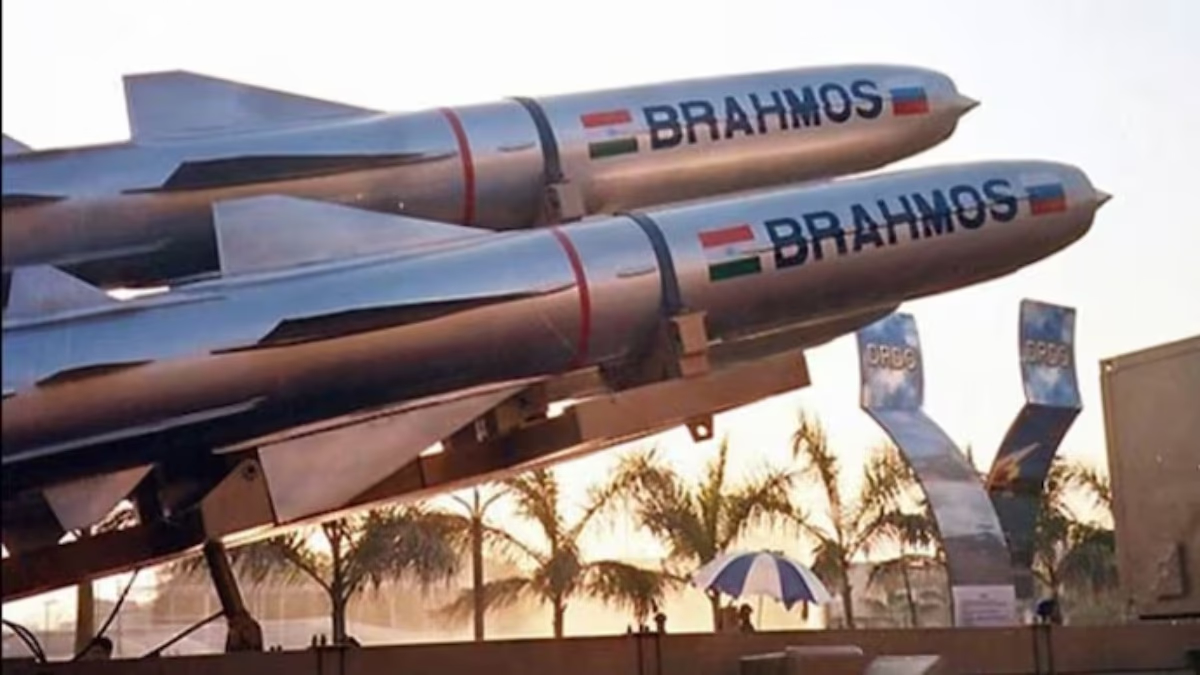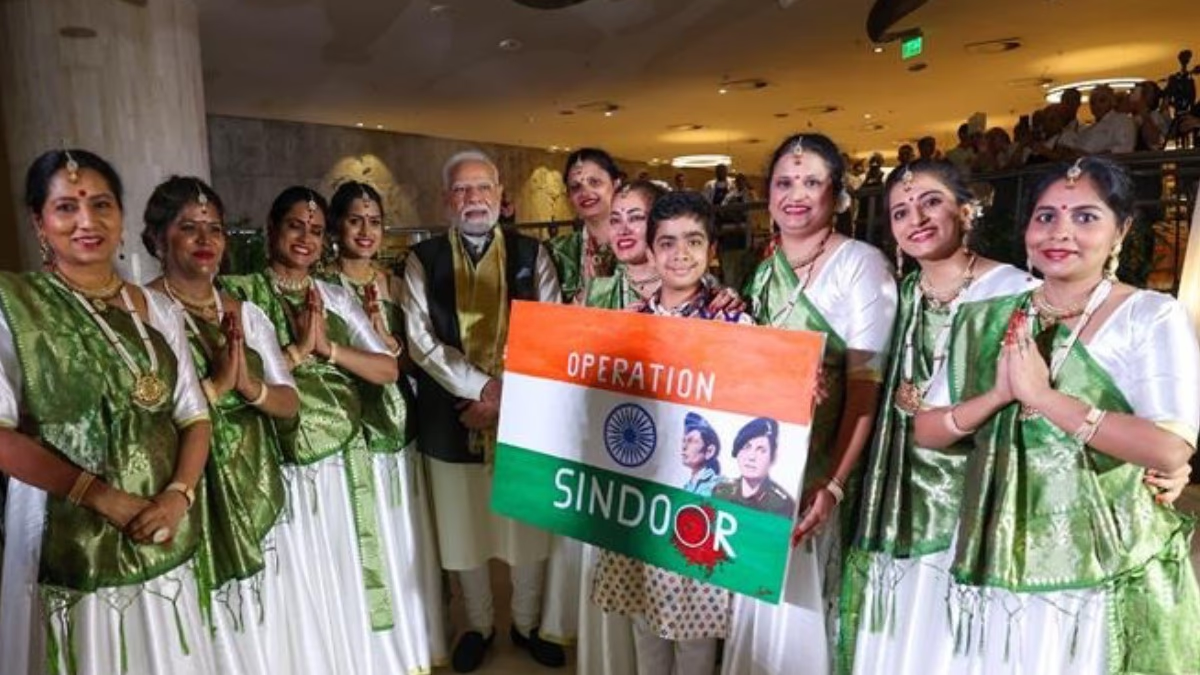Rana Sanaullah, a senior leader and trusted advisor to Pakistan's Prime Minister Shahbaz Sharif, disclosed that when India launched BrahMos missiles under 'Operation Sindoor', the Pakistani military had only 30 to 45 seconds to determine if the missile was nuclear-armed.
In an interview, Rana Sanaullah stated that the Indian missile launch on Rawalpindi's Noor Khan Airbase left Pakistan's defense system on high alert, causing significant disruption.
Sanaullah mentioned that amidst escalating tensions between India and Pakistan, U.S. President Donald Trump played a crucial role in averting conflict. He emphasized that if Trump helped in avoiding nuclear warfare and saving the world from devastation, his role should be impartially evaluated and appreciated. This prompted PM Shahbaz Sharif to nominate Trump for the Nobel Peace Prize. However, India dismissed any claimed involvement of Trump in the ceasefire.
India's BrahMos missile strike targeted a crucial Pakistani Air Force base—Noor Khan Airbase in Chaklala, Rawalpindi. Sanaullah admitted the incident caused panic in Pakistan, heightening fears of a potential nuclear confrontation.
Previously, Pakistan's Deputy Prime Minister Ishaq Dar acknowledged India had attacked two significant airbases. This statement came after repeated denials from the Pakistani government and military about the attacks and their consequences.
On May 10, under Operation Sindoor, India launched several BrahMos supersonic cruise missiles at strategic Pakistani sites. The strikes targeted runways, bunkers, and hangers, severely impacting Pakistan’s military capabilities.
President Trump’s intervention during this tense period helped de-escalate the situation, demonstrating the significance of diplomacy in preventing catastrophic outcomes. This serves as a reminder of the pivotal role international leaders can play in maintaining global peace.




